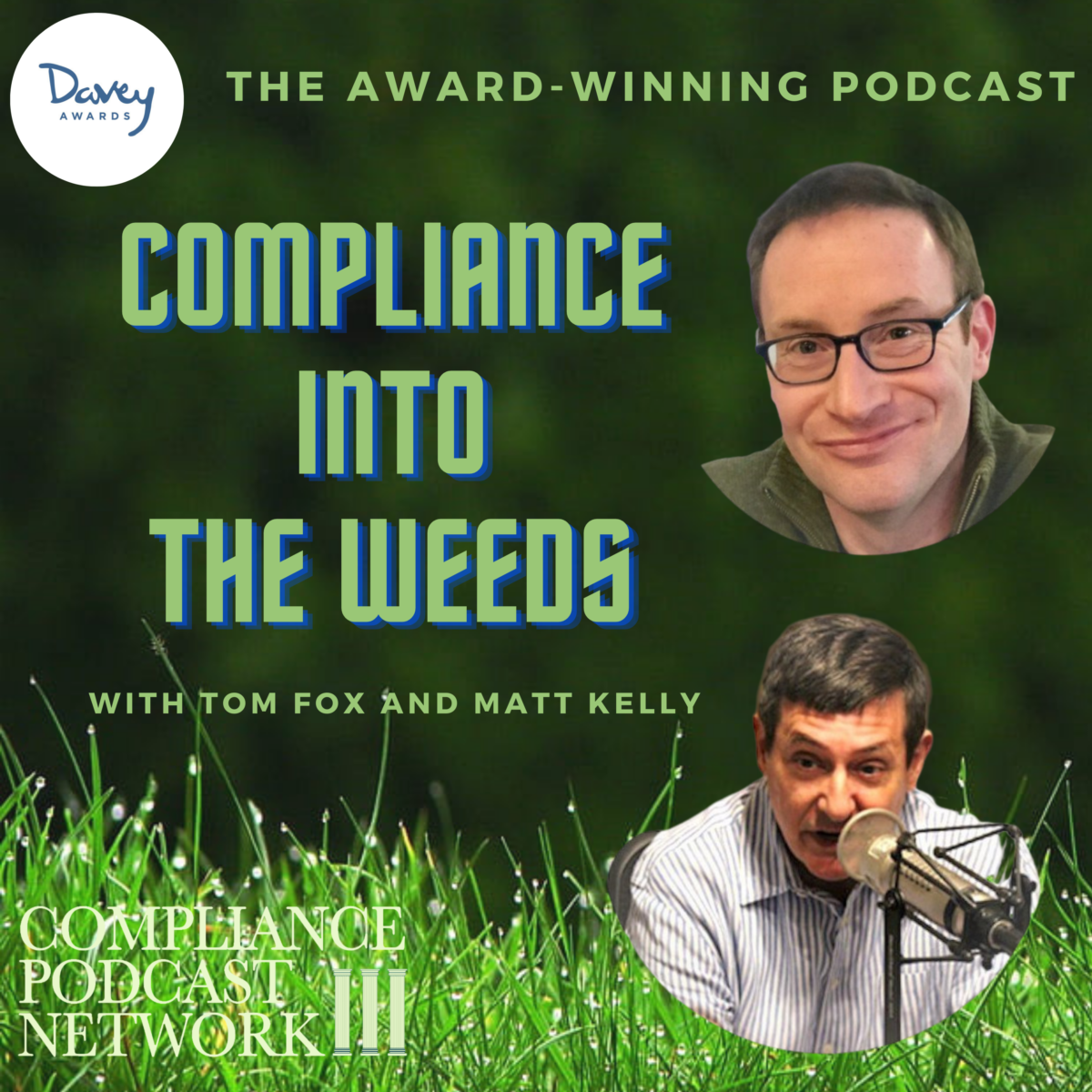We continue exploring how CEOs and senior executives are uniquely positioned to emphasize the importance of ethical behavior and adherence to compliance regulations. Today, we consider the humble email and how it can be one of the most effective ways to communicate this Tone at the Top on doing business ethically and in compliance. These written communications can formalize the company’s stance on compliance, ensuring that the message is clear, consistent, and accessible to employees at all levels.
Emails allow senior leadership to broadcast the company’s compliance goals and demonstrate that these goals are integral to the business’s strategic vision. Done correctly, they reinforce the notion that compliance is everyone’s responsibility and provide a continuous reminder of the company’s commitment to ethical behavior. Today, we will lay out five specific ways a CEO or senior executive can use emails to establish and maintain an appropriate tone at the top for a best practices compliance program.
- Make Compliance a Regular Topic in CEO Communications
To ensure compliance is integrated into the company’s operations and not seen as an afterthought, it must become a consistent topic in CEO communications. When compliance is presented alongside other business goals, such as financial performance or growth strategies, it signals to employees that ethical conduct is integral to the company’s success. This matters because if doing business ethically and in compliance is only mentioned when something goes wrong, it reinforces the idea that compliance is reactive and only addressed in crises. You create a proactive compliance culture by incorporating compliance updates into quarterly or monthly CEO communications. This shows employees that compliance is as important as any other business objective.
Implementation
- Include a dedicated section on compliance in your regular CEO emails. Highlight the importance of staying compliant with industry regulations and company policies.
- Emphasize how compliance helps the company achieve its broad business objectives. For instance, explain how maintaining strong compliance practices can enhance the company’s reputation, build stakeholder trust, and create long-term value.
- Regularly update employees on the status of the compliance program—such as new initiatives, policy updates, or risk areas that the company is monitoring—demonstrating that compliance is part of the company’s ongoing strategic efforts.
- Celebrate Ethical Behavior Through Recognition
One of the most impactful ways to promote a compliance culture is publicly recognizing and celebrating ethical behavior. Emails offer a convenient and highly visible platform to acknowledge individuals or teams who have supported the company’s compliance efforts. Recognizing these contributions boosts morale and sets a standard for others to follow.
This is significant because celebrating ethical behavior publicly sends a clear message to employees that compliance is valued and rewarded. It also reinforces that ethical decision-making is an achievement, not just a minimum expectation. This builds a positive association with compliance and motivates employees to take ownership of their role in the compliance program.
How to Implement
- Use your email communications to highlight specific examples of individuals or teams demonstrating exceptional commitment to compliance. Share what they did, why it mattered, and how their actions helped the company avoid risks or comply with regulations.
- If applicable, tie these recognitions to broader company values, showing how ethical behavior aligns with the company’s mission and goals.
- Consider establishing a regular “compliance champion” recognition in your emails to create an ongoing tradition of celebrating compliance successes.
- Respond Promptly to Industry or Regulatory Changes
In today’s rapidly evolving regulatory landscape, staying ahead of industry changes is critical for maintaining compliance. When new regulations or legal requirements are introduced, the CEO needs to address these developments with the company quickly. This demonstrates that leadership is aware and engaged and helps employees understand how these changes impact their day-to-day responsibilities.
This is critical because the quicker a company adapts to regulatory changes, the less likely it is to fall out of compliance, reducing the risk of fines, penalties, or reputational damage. By issuing timely communications explaining how the company will adapt, the CEO sets a clear expectation that staying compliant is a priority.
How to Implement
- When new industry regulations or legal changes arise, send an email explaining what the changes mean for the company and what steps are being taken to comply.
- Provide specific guidance for departments or teams directly affected by the changes. For example, if new data privacy laws are introduced, explain what the legal team, IT department, or data-handling staff must focus on to ensure compliance.
- Emphasize that compliance with new regulations is not optional—it is critical to the company’s continued success and ethical standing in the industry.
- Encourage the Reporting of Compliance Concerns
A key component of any successful compliance program is the ability for employees to raise concerns without fear of retaliation. Regularly reminding employees of the company’s whistleblower program and other reporting mechanisms demonstrates leadership’s commitment to fostering a safe and open environment.
This is imperative because employees must feel that their voices will be heard and their concerns will be addressed. The CEO reinforces that transparency and accountability are core company values by regularly encouraging employees to report ethical or compliance-related issues.
How to Implement
- Periodically remind employees of the available reporting channels, such as the company’s whistleblower hotline, ethics portal, or designated compliance officers.
- In your emails, emphasize that all reports will be taken seriously and that there is zero tolerance for retaliation against those who raise concerns in good faith.
- Share anonymized examples (if appropriate) of how the company has successfully addressed issues raised by employees, demonstrating that reporting leads to positive action.
- Endorse Major Compliance Initiatives
A compliance program’s success hinges on visible support from senior leadership. By personally endorsing new compliance initiatives—policy updates, training sessions, or new risk management tools—the CEO lends credibility to the program and encourages employee engagement.
This is crucial because, as the CEO publicly supports a compliance initiative, it signals to the entire organization that the program is not just a legal requirement but a top priority for the company. Employees are more likely to participate in training sessions and adhere to policies if they know senior leadership is fully behind these efforts.
How to Implement
- Send a personal email when launching major compliance-related initiatives, such as a new code of conduct, mandatory training sessions, or policy updates.
- Explain why the initiative is important in your message and how it will benefit the company and its employees. Be clear that participation is expected and necessary for maintaining the company’s ethical standards.
- Follow up on the initiative’s progress in subsequent communications, reinforcing that the company is committed to maintaining compliance over the long term.
Emails offer a direct, personal, and effective way for CEOs and senior executives to establish and maintain an appropriate tone at the top for a best practices compliance program by making compliance a regular topic, celebrating ethical behavior, responding to regulatory changes, encouraging the reporting of concerns, and endorsing major compliance initiatives.
When done consistently, these email communications help build a strong compliance culture. Employees understand that ethical behavior is not just encouraged—it’s a fundamental part of how the company operates. As a result, compliance becomes integrated into daily business practices, reducing risk and fostering long-term success.









